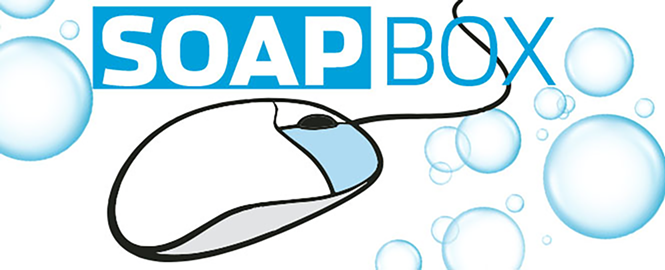
Fraud Is Baked Into
American Health Care
"Internal documents and former company executives reveal how Cigna doctors reject patients' claims without opening their files," investigative journalists Patrick Rucker, Maya Miller and David Armstrong reported for ProPublica on March 25. "A Cigna algorithm flags mismatches between diagnoses and what the company considers acceptable tests and procedures for those ailments. Company doctors then sign off on the denials in batches ..."
There are many structural defects in an American HMO/PPO/prepaid care system that masquerades as "insurance." One of them is a tendency to mask outright fraud. If ProPublica's reporting is accurate, Cigna's practices are an example of that defect.
While Cigna implemented its "review system"—which sounds more like an "automatic denial of purchased benefits" system—more than a decade ago, legal thriller writer John Grisham described it in his 1995 novel The Rainmaker.
In the novel (subsequently made into a film starring Matt Damon), an "insurance" company refuses to pay for a leukemia patient's bone marrow transplant on the pretense that such transplants are "experimental." A young lawyer eventually discovers that the company's policy is to simply reject claims, knowing most patients won't fight for the benefits they're entitled to. High legal drama ensues.
If you purchased an item from me, and I failed to hand over the item after receiving payment, you'd know darn well I'd defrauded you. You wouldn't do business with me again, and might even sue me.
But suppose I'm a $150 billion company with 18 million "customers," most of whom receive my services in the form of employment benefits with limited (if any) ability to withdraw their patronage from—or stop payment to—me.
That kind of arrangement makes it a lot easier for a business to get up to shenanigans.
While I'm on record as thinking that "single payer healthcare," for all its problems, might work better than the current Rube Goldberg healthcare apparatus, "single payer" wouldn't solve this particular structural problem: a captive "customer" base at the mercy of a large, opaque bureaucratic apparatus.
The solution to this problem is finding a way to sever the linkage between employment and health coverage, which originated as a way of getting around World War II salary caps with "fringe benefits."
Direct—and stoppable—payment from actual consumers would force Cigna and other "insurance" companies to cater to those consumers, or risk losing business to companies that don't treat defrauding the customer as a viable element of a legitimate business plan.
THOMAS L. KNAPP
William Lloyd Garrison Center for Libertarian Advocacy Journalism
Care to sound off on a feature in our pages or about a local concern? Write to comments@cityweekly.net or post your thoughts on our social media. We want to hear from you!